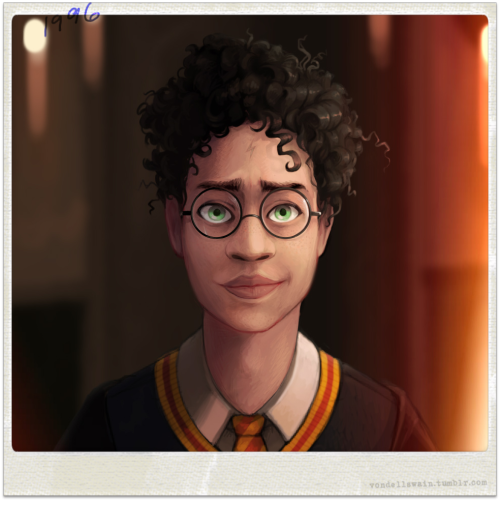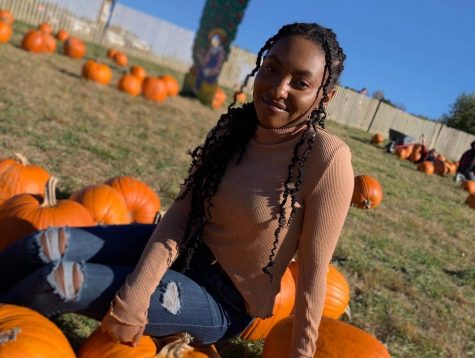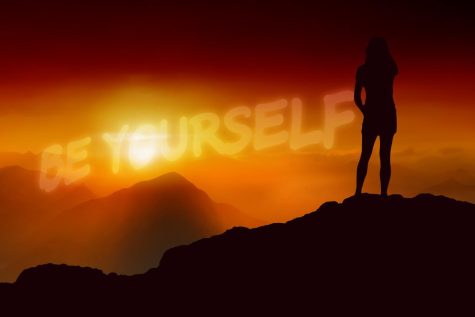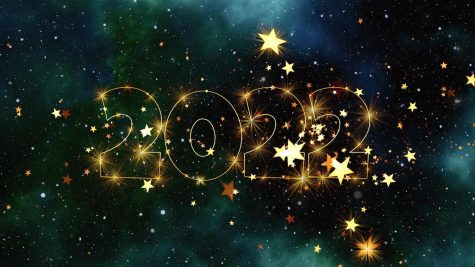The Missing Characters in Fantasy and Science Fiction Writing

Over the past week, my roommate and I fully embarked on the journey that is Harry Potter. Wizards, a prophecy, and an obsessive villain that just won’t die (we haven’t finished yet) completely pulled us in and even inspired me to make my own fantasy-driven story.
As I researched and continued to build upon my story, I found myself stumbling across BookTok, an avenue for all things writing and books via TikTok, and saw a post by author Jessica Cage (@jcageauthor).
She was reacting to a post created where it said, “I want black vampires, black girls who stumble upon an ancient relic and granted magical powers, I want black spies, I want black characters w/ diverse storylines gahd*mnit.”
And that’s when it clicked.
A want like this does not come out of thin air. It wouldn’t be specific if there is the appropriate representation. I’ve noticed this while watching Harry Potter. So far, out of the six movies I’ve watched, I had only seen two lack characters, and their presence doesn’t equate to that of their counterparts. Though I give casting a bit of slack regarding the need for representation wasn’t as demanding compared to now, I still feel it could have been better.
At the end of the day, the real magic is being able to see yourself in these fictional worlds. However, that can’t be possible if there isn’t anyone that looks like you.
Regardless of if the lack of diversity is because of historical accuracy, “Hamilton” proved that reasoning wrong, still there is no excuse. The sad reality is Black people unobserved as the target audience for these particular genres.
Disappointing but surprising? No.
I have seen it time after time where the Black community is an afterthought, and I find it silly that production or company is willing to shut out a community and lose their potential cash flow.
The Black community has been begging for representation to the point where there are guides on how-to-portray Black characters accurately, in general, instead of being the side characters who are there for comedic relief or who get killed first.
This “box” that the Black community is shoved into by society makes it difficult to branch out and open like something that doesn’t fit the “box.” Liking fantasy and sci-fi genre books and movies are unperceived as the norm for Black people. Something I’ve always noticed while growing up, and I’ve seen it happening in recent years.
Last week, I spoke with a family member about writing, and they immediately thought I liked writing urban stories. I find the urban genre as an aspect of that box Black people are placed into. I’m not knocking it, marvelous work has thrived in that genre, but I feel that said genre shouldn’t be the only safe genre for Black people.
But I understand why that genre is always sought to. That is one of the few genres that has the Black community as a target audience. A place where we feel comfortable expressing ourselves.
I think back to the annoyance I saw on “Twitter” about the former “urban contemporary” album category at the “Grammy Awards.” It felt like Black artists are crammed into this category, all with differing music that easily fit into other categories. Even when the nominations for “Top R&B Album” at the “Billboard Music Awards” came out singer, Doja Cat’s “Hot Pink” album was nominated. It was a pop album.
Excuse my shift to music.
Thanks to the Black Lives Matter movement and the overwhelming need for inclusivity, I am happy to see the rise of Black leads in fantasy and sci-fi-driven books.
Kalynn Bayron is an excellent author recommendation as she tackled the beloved Cinderella fairytale in her book “Cinderella is Dead,” which includes a Black lead. I am currently reading her recent book “This Poisonous Heart,” and it feels great to see someone who looks like me shinning on the cover.
On an editorial review by Kirkus, Bayron received on “This Poisonous Heart” stated, “Bayron conjures a world filled with magic and mystery. Brings much-needed inclusivity and contemporary flavor to the teen fantasy genre.”
I know Black fans of fantasy and sci-fi are excited about this change, and I cannot wait to see more.

Katelyn Turner is currently a senior at Mercy College. Falling in love with writing at a young age, Katelyn has decided to challenge herself by pursing...







